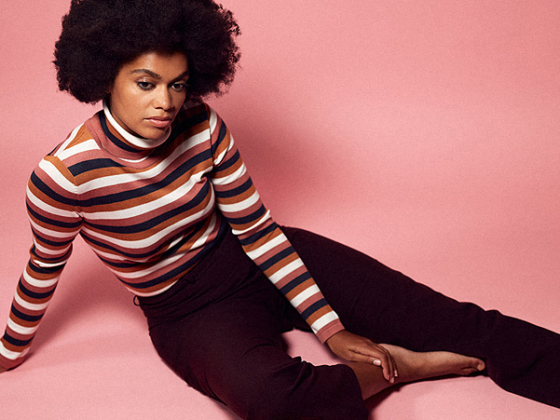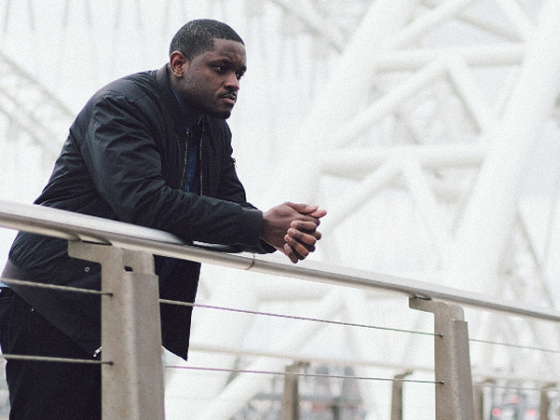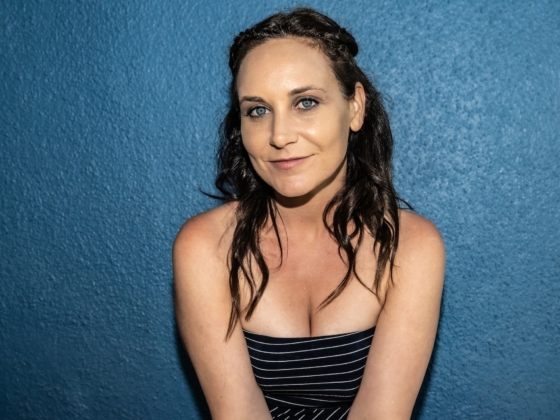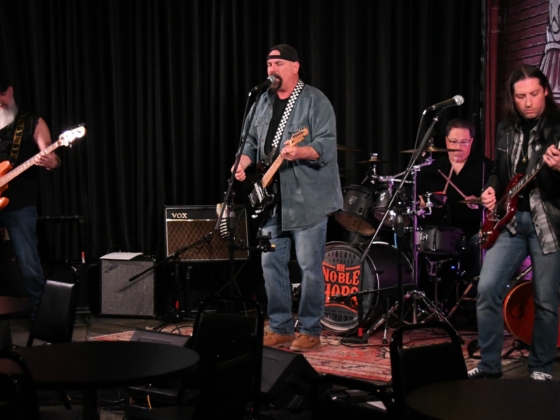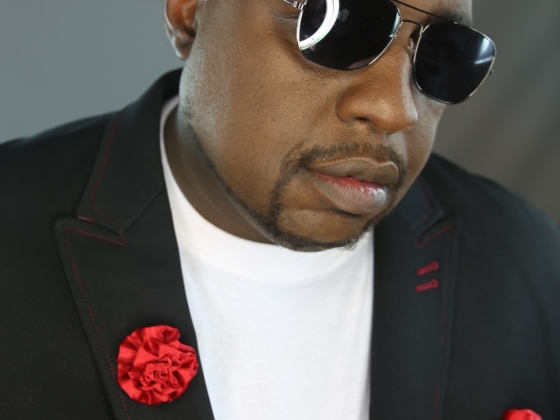At 21, Eloise is the definition of wise beyond her years. Ahead of her recently released debut project, Somewhere In Between, the UK singer and songwriter has been recognized by outlets on her home turf as a breakout rising star for her way with words, emotion, and a unique incorporation of classic styles like jazz, R&B, standards, and current pop. With the release of this mini-album, she is truly poised to take the world by storm.
Somewhere In Between was a long time coming for Eloise. After releasing her debut EP, This Thing Called Living, in 2019, she spent three years between the age of 18 and 21 on tour with Bruno Major. It wasn't until the pandemic hit in 2020 where she, like so many of us, was forced to stop and think about her current work and her aspirations. Luckily as an artist, she had a place to turn to which she could pour her heart out. "On tour, there isn’t that much time or space to explore song ideas or even thoughts so what I tended to do was put pins in thoughts," she says. "I would think, 'I’ll get round to this song idea when I’m home.' So after those years, I’d accumulated a lot of the beginnings of songs/themes and when lockdown 1 began, I found myself rich with time and space to finally go through it all and I ended up with this mini album. So really, 2020 affected my creativity positively."
Growing up in rural France (the mini-album's first track, "Bienvenue," is a beautiful nod to this) and moving to London in her teenage years, Eloise had a through line in her parents' music collection. Then teaching herself guitar on YouTube by mimicking chord patterns as she went, she started posting covers on Instagram, where her fame first caught on."There was always music playing in the back/foreground of my childhood. All my family on my mum’s side are musical and so I grew up with a band essentially. And if they weren’t round, my mum would be singing at the piano so music is all I’ve ever known."
These inspirations are immediately apparent all throughout Something In Between. Notes of classic rock, R&B, jazz and classics that we associate with the time of Hollywood's golden age and music ownership's availability spreading to the masses are highlights. "I always grew up listening to artists from a different time. People like Billy Joel, Stan Getz, Joni Mitchel and Carol King, to name a few, were my influences. So my reference points artistically were always from “the oldies”. It wasn’t till much later that I found pop music I enjoyed."
The mini album was entirely written, composed and arranged by Eloise herself, a process she describes as “emotional and cathartic,” and it shows. Somewhere In Between shows a maturity, a continuity, and universality, that though rooted in personal experience, had a creation that too was rooted in a universal one. "I always want to be as honest as I can be in my songwriting and performing, and I always want to be proud of everything I release," she says. "It’s actually harder to do than I thought, but it’s so rewarding."
It's dissonant harmonies and chords on "BAMO," paired with timeless insecurities associated with being "bad at moving on," that resonate. But somehow, there isn't an overwhelming nostalgia to Eloise's music—it's still all her own, and it comes through in her delivery and her songwriting. "The feelings I poured into this project were those of melancholy growing pains. I was going through a transition in my life from girl to woman and I was struggling to let go of all the things that kept me being a little girl. Be that habits, emotions, innocence and, obviously, loves. I believe that once I wrote the songs, a part of me was set free."
"Who's She," the latest single from the release, is one Eloise holds closest to her, and speaks to the growth she experienced when her life was put on hold and she subsequently pushed herself to create her best art yet. “This song, of all the songs on this project, makes me ache,” she says. “I think because it’s the only song of mine where love for someone else is a secondary element. I wrote this song after I came back from a tour having broken up with my first boyfriend and my whole world felt crazy and I had no control. I felt disorientated because I came home to find that my life, the way I knew it, had gone and I had to carve myself a new one. And in that pursuit, I realized the reason I felt lost was less to do with what had changed around me, and more to do with what had changed within me. This song is for the people who feel they’ve lost touch with themselves. The hopeful thing is that the acknowledgement of that means you’re one step closer to finding yourself again.” Isn't that what we all could've hoped for when we were stuck at home?


